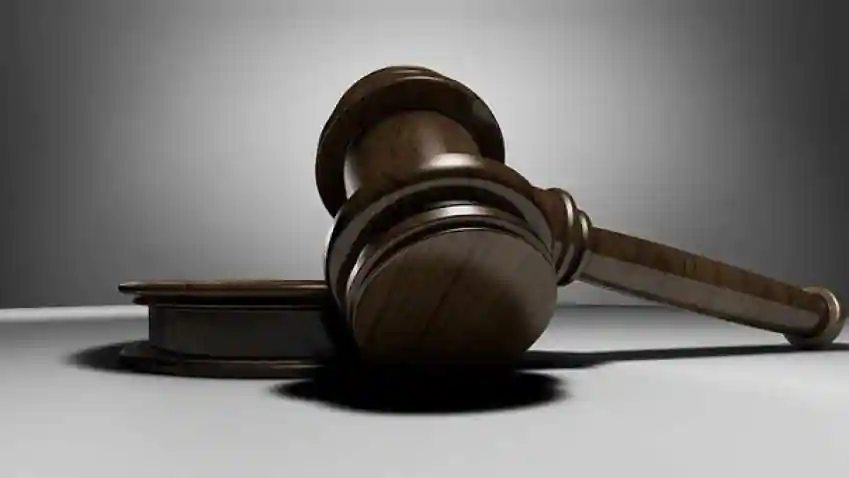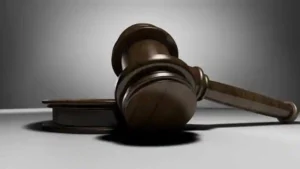Bombay High Court
Mangesh S/O Madhukar Giri vs Lata D/O Ganpatrao Korde And … on 23 January, 2019
Bench: Manish Pitale
Apart from this, a perusal of the original plaint and the proposed amendment filed on behalf of the petitioner would show that the cause of action for the proposed prayer for grant of decree of specific performance and declaration was very much available to the petitioner when he filed the suit for permanent injunction on 11.09.2013. Having failed to incorporate prayers for aforesaid reliefs and restricting the suit only for the relief of permanent injunction, clearly shows that the attempt subsequently made by the petitioner by filing application for amendment on 24.01.2017 was barred by operation of Order 2 Rule 2 of the C.P.C. It is clear that the petitioner was now seeking to change the very nature of the suit, which was impermissible. {Para 12}
- In the case of K. Raheja Constructions Ltd. .vs. Alliance Ministries (supra) referred to in the above quoted judgment of the Hon’ble Supreme Court, it was held by the Hon’ble Supreme Court as follows:-
“4. It is seen that the permission for alienation is not a condition precedent to file the suit for specific performance. The decree of specific performance will always be subject to the condition to the grant of the permission by the competent authority. The petitioners having expressly admitted that the respondents have refused to abide by the terms of the contract, they should have asked for the relief for specific performance in the original suit itself. Having allowed the period of seven years elapsed from the date of filing fo the suit, and the period of limitation being three years under Article 54 of the Schedule to the Limitation Act, 1963, any amendment on the grounds set out, would defeat the valuable right of limitation accrued to the respondent.”
17. The position of law as elucidated in the aforesaid judgments relied upon by the learned counsel for the respondents shows that in the present case also prayers sought to be added by the petitioner by way of amendment were not only barred by limitation under Article 54 of the Limitation Act, 1963, but also by operation of Order 2 Rule 2 of the C.P.C. - Insofar as the contention raised on behalf of the petitioner that relief of specific performance could have been sought by the petitioner only after the competent authority had granted regularisation under the provisions of the Gunthewari Act, as noted by the Hon’ble Supreme Court in the case of Van Vibhag Karamchari Griha Nirman Sahakari Sanstha Maryadit .vs. Ramesh Chander (supra), nothing prevented the petitioner to make a prayer for decree of specific performance when the suit for permanent injunction was filed on 11.09.2013. The Court would certainly have the power to pass a decree of specific performance in favour of the petitioner, which would be a conditional decree, subject to the competent authority in the present case granting order of regularisation under the provisions of the Gunthewari Act. Therefore, the said submission raised on behalf of the petitioner is also untenable.


